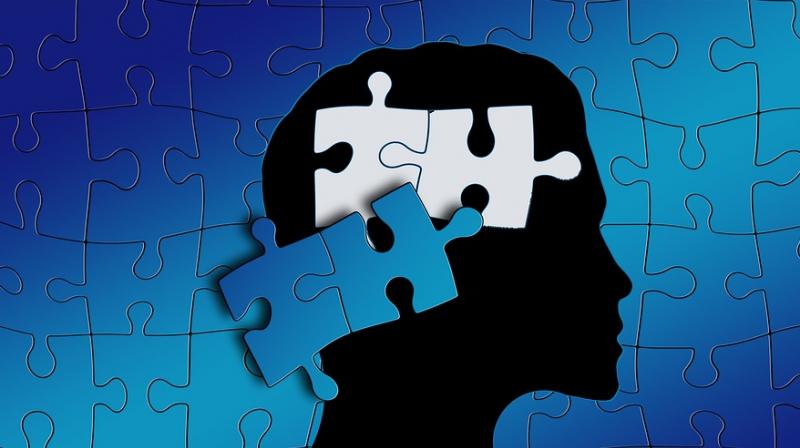Beyond drugs, most ADHD treatments may not actually work: Study
Given the lack of clear evidence to recommend alternatives to treatment with medication, parents may want to reconsider.

Although many doctors offer patients with attention deficit hyperactivity disorder (ADHD) a variety of treatments in addition to drugs, a new review suggests there’s not enough evidence that medication alternatives work.
Researchers examined results from 54 studies of non-pharmaceutical ADHD treatments like cognitive behavioural therapy, parent training, special diets, and supplements like omega-3 fatty acids. Overall, these studies were too small, brief or varied in how they measured results for researchers to draw firm conclusions about which approaches might actually work for kids with ADHD.
“Just because we did not find scientific evidence, does not mean that these treatments are ineffective,” said senior author Dr. Alex Kemper of Nationwide Children’s Hospital in Columbus, Ohio.
More than 1 in 10 US kids are diagnosed with ADHD, which is characterized by social and behavioural problems as well as challenges in school like difficulty with focusing or sitting still. Stimulant medications can help with some behaviour and attention issues.
Almost two-thirds of these kids are prescribed stimulants, which should be among the first treatments tried for the condition, Kemper said by email.
The American Academy of Pediatrics, which advises most primary care providers for kids, recommends that doctors prescribe stimulants or behaviour therapy, or both.
Because it’s difficult to diagnose ADHD in children younger than 4 years old, many doctors recommend behaviour therapy as a first approach with preschoolers, particularly if parents or teachers can work with children to help improve focus, concentration and interactions with other kids. With older children, medication may be the first approach, alone or in combination with behaviour therapy.
Some forms of behaviour therapy for ADHD are designed to help kids improve focus, attention and organization, while others concentrate on reducing disruptive behaviour that can make it hard for children to make friends or do well in school.
In the current analysis, the small studies of cognitive training showed no benefit at all or only a short-term improvement in ADHD symptoms, researchers note in the journal Pediatrics. These studies were too small, however, to draw broad conclusions about how well cognitive training might really work.
Similarly, studies looking at child or parent training programs yielded mixed results, measuring different types of interventions in different ways, which made it hard to determine how well these approaches might work.
In addition, the studies that tested supplements containing omega-3 fatty acids also failed to show meaningful changes in ADHD symptoms based on assessments of children done by their parents or teachers.
Because ADHD can mean different symptoms from one kid to the next, children need an accurate and comprehensive diagnosis before it’s really possible to decide which treatments might work best in their situation, said Dr. Timothy Wilens, chief of the division of child and adolescent psychiatry at Massachusetts General Hospital in Boston.
“It is important to assess the level of impairment related to the ADHD, as well as contributing factors to the child’s problems that will ultimately need to be addressed,” Wilens, who wasn’t involved in the study, said by email.
“For children over age 6 years, medications should be considered first line therapy for ADHD and nonpharmacological treatments should be considered adjunct to medication in specific groups,” Wilens added.
Given the lack of clear evidence to recommend alternatives to treatment with medication, parents may want to consider cost as a way to decide what options they try first, advised Aaron Seitz, director of the Brain Game Center at the University of California, Riverside.
“Don’t spend your life-savings on some non-traditional approach that promises the world but charges an arm and a leg,” Seitz, who wasn’t involved in the study, said by email.
“However, it is worth trying out various lower-cost solutions that might complement existing treatment,” Seitz added. “It is likely that a combination of medicine and behavioural interventions will be best suited for many and it is worth finding a doctor who can help monitor and guide you through the path of evaluating how some of the non-pharmacological approaches could be beneficial and to potentially experiment with the approach that works best.”

